LACMA's latest museum exhibition, designed by Bestor Architecture, presents an alternative to pre-set narratives on America's design history with Nordic countries
By Josh Niland|
Thursday, Jan 26, 2023

Related
The next few weeks are your last chance to catch an exciting exhibition at the Los Angeles County Museum of Art (LACMA) that examines the influence of Nordic countries’ design culture in the United States as it was developed concordantly through careful study and cultural exchange over a period of nearly 100 years.
Organized by co-curators Bobbye Tigerman and Monica Obinski and featuring exhibition design from LA-based Bestor Architecture, Scandinavian Design and the United States, 1890-1980, features a total of 175 pieces — including industrial designs, glasswork, lighting, jewelry, textiles, and furniture — that together weave a narrative about history alternative to the typically Bauhaus-centric story which has predominated design scholarship for a long period of time.
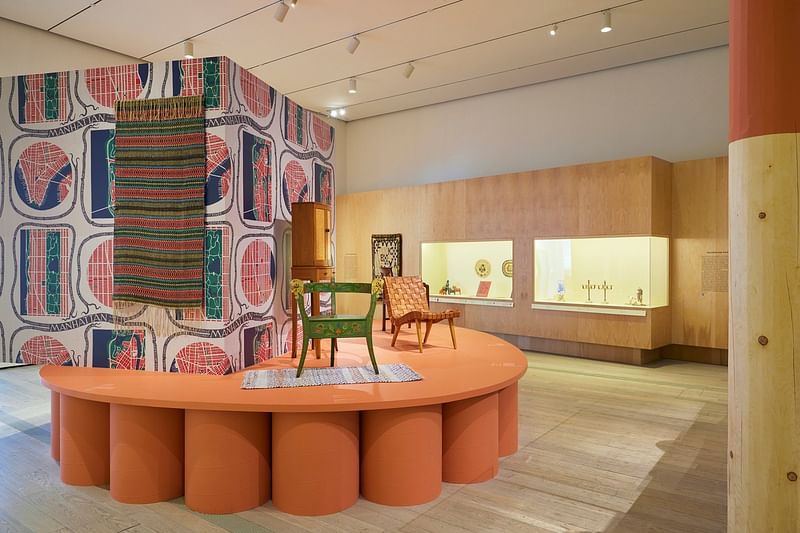
Beginning with the wave of late-19th-century Scandinavian immigration to the United States, the exhibition charts that narrative through six thematic sections culminating with a look at the influence of environmentalism in design after the 1960s.
The first themed section, Migration and Heritage, looks at the initial impact of early transplants such as Lillian Horn. It is followed by Teachers and Students, which includes a look into the pedagogical influence of luminaries like Eero Saarinen and his design for the Cranbrook Academy of Art from the late-1920s into the early-1930s.
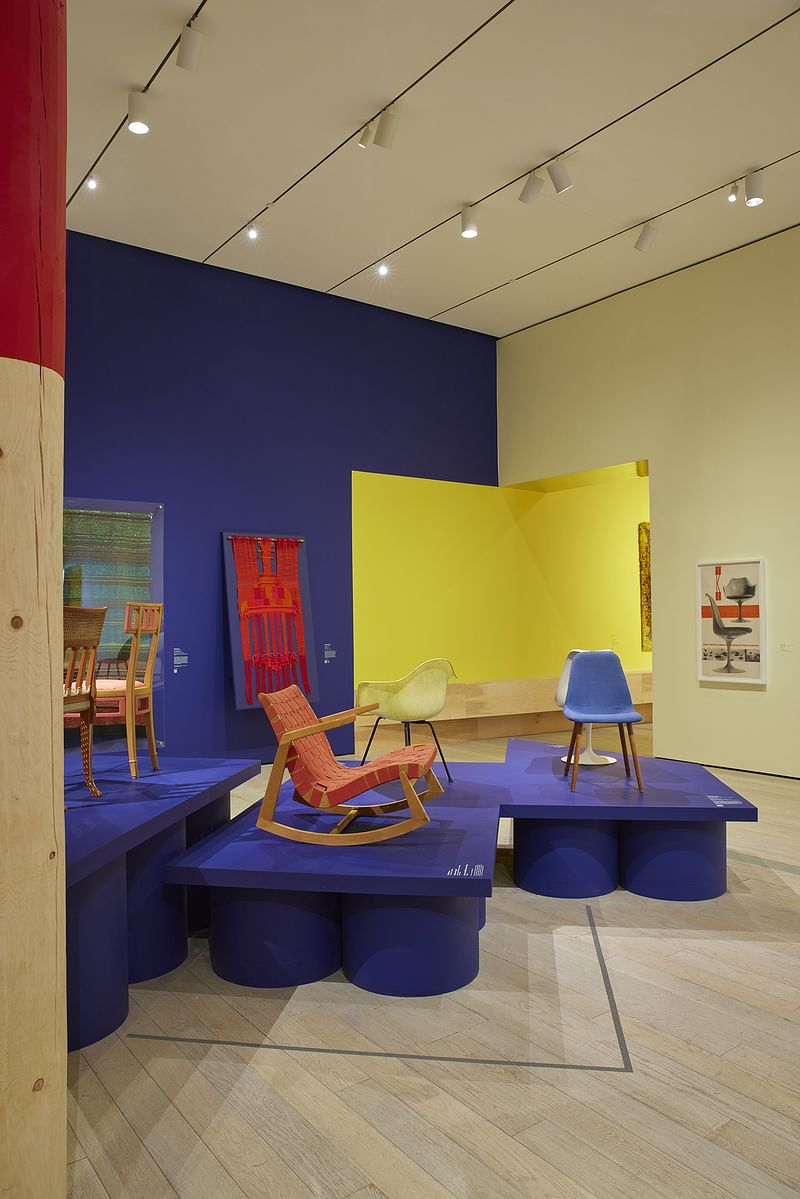
Next, Travel Abroad works illustrate the importance of exchange programs and travel fellowships in continuing the United States and the talent pipeline that later allowed for mass market commercialization and consumer success of design products as documented in the Selling the Scandinavian Dream section. A consideration of mutual Cold War-era political agendas follows in Design for Diplomacy.
Finally, the Design of Social Change section considers a broad slate of improvements to the built environment caused by disability advocates, eco-consciousness, and the influx of radical politics into American discourse in the post-Vietnam War era.
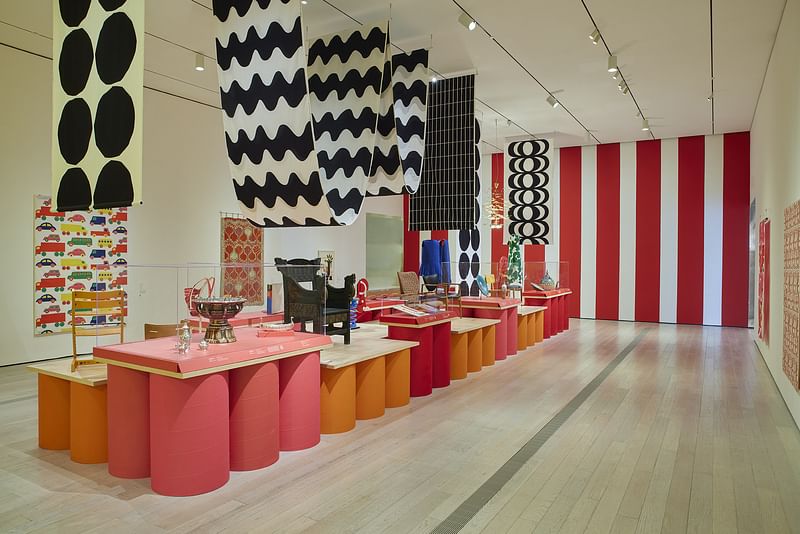
“The exhibition design takes direct inspiration from the design concepts and objects within the show, including Alvar Aalto’s organic modernist Finnish Pavilion at the 1939 New York World’s Fair and the furnishings of immigrant Swedish designer Greta Magnusson Grossman,” explained Barbara Bestor, Principal of Bestor Architecture.
A unifying theme throughout the exhibition is the role of immigrants in the development of culture within the United States. It relies heavily on loans from the Milwaukee Art Museum, noted for its collection of Scandinavian design examples, and will travel to the institution beginning on March 24th.
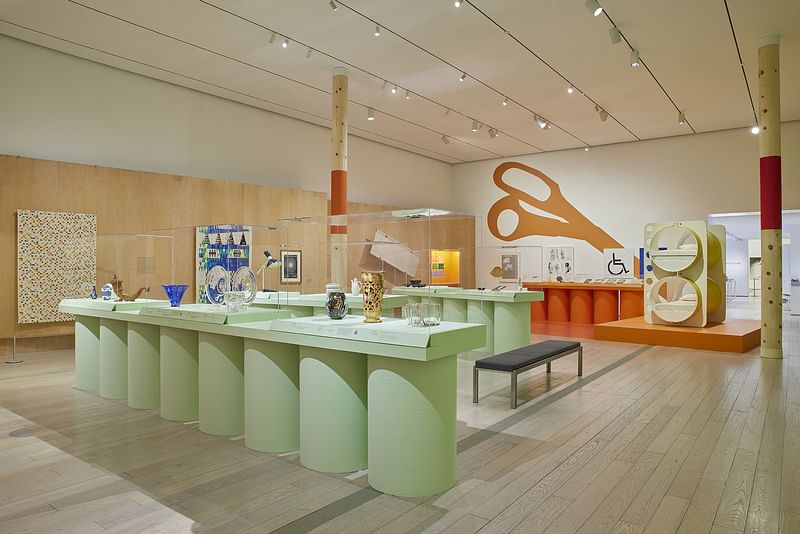
LACMA’s Director, Michael Govan, said in terms of its curatorial focus, it is the first such exhibition in over 40 years. Open now, Scandinavian Design and the United States, 1890-1980 will remain on view on Level 2 of LACMA’s Broad Contemporary Art Museum until February 5th.
The exhibition is put on with additional contributions from Sweden's National Museum and the Nasjonalmuseet in Norway. Additional information about visiting can be found here.

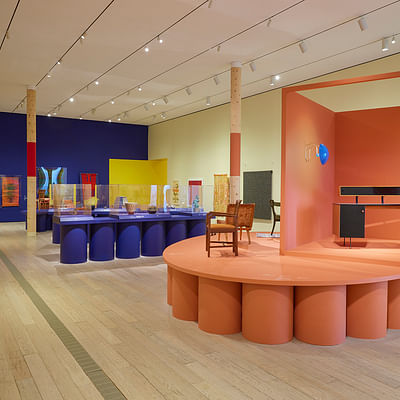





Share
0 Comments
Comment as :